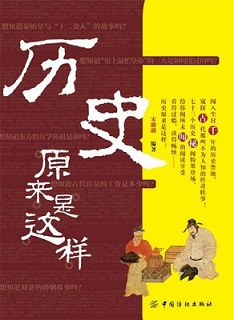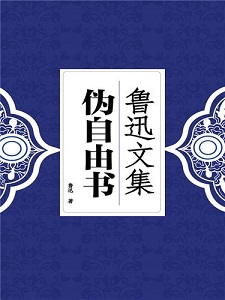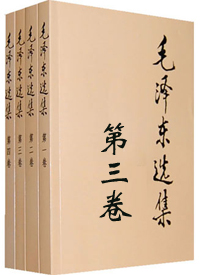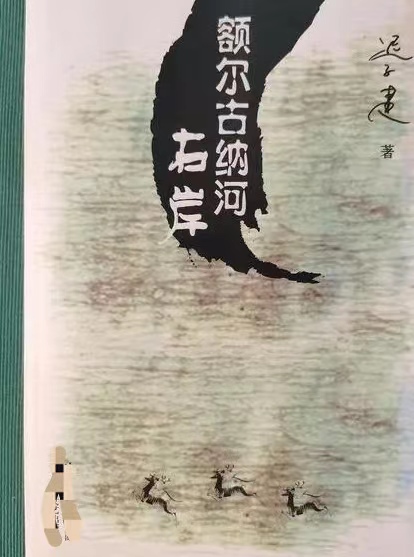----------------------- Page 55-----------------------
Sam. And some don't, and never will.
That's what I know; now I'm going to tell you what I think. 1 may have it wrong on some
of the specifics, but I'd be willing to bet my watch and chain that I've got the general
outline down pretty well. Because, with Andy being the sort of man that he was, there's
only one or two ways that it could have been. And every now and then, when I think it
out, I think of Normaden, that half-crazy Indian. 'Nice fella,' Normaden had said after
celling with Andy for six or eight months. 'I was glad to go, me. All the time cold. He
don't let nobody touch his things. That's okay. Nice man, never make fun. But big
draught.' Poor crazy Normaden. He knew more than ail the rest of us, and he knew it
sooner. And it was eight long months before Andy could get him out of there and have
the cell to himself again. If it hadn't been for the eight months Normaden had spent with
him after Warden Norton first came in, I do believe that Andy would have been free
before Nixon resigned.
I believe now that it began in 1949, way back then - not with the rock-hammer, but with
the Rita Hayworth poster. I told you how nervous he seemed when he asked for that,
nervous and filled with suppressed excitement. At the time I thought it was just
embarrassment, that Andy was the sort of guy who'd never want someone else to know
that he had feet of clay and wanted a woman ... even if it was only a fantasy-woman. But
I think now that I was wrong. I think now that Andy's excitement came from something
else altogether.
What was responsible for the hole that Warden Norton eventually found behind the
poster of a girl that hadn't even been born when that photo of Rita Hayworth was taken?
Andy Dufresne's perseverance and hard work, yeah - I don't take any of that away from
him. But there were two other elements in the equation: a lot of luck, and WPA concrete.
You don't need me to explain the luck, I guess. The WPA concrete I checked out for
myself. I invested some time and a couple of stamps and wrote first to the University of
Maine History Department and then to a fellow whose address they were able to give me.
This fellow had been foreman of the WPA project that built the Shawshank Max Security
Wing.
The wing, which contains Cellblocks 3,4, and 5, was built in the years 1934-37. Now,
most people don't think of cement and concrete as 'technological developments', the way
we think of cars and oil furnaces and rocket-ships, but they really are. There was no
modern cement until 1870 or so, and no modern concrete until after the turn of the
century. Mixing concrete is as delicate a business as making bread. You can get it too
watery or not watery enough. You can get the sand-mix too thick or too thin, and the
same is true of the gravel-mix. And back in 1934, the science of mixing the stuff was a
lot less sophisticated than it is today.
The walls of Cellblock 5 were solid enough, but they weren't exactly dry and toasty. As a
matter of fact, they were and are pretty damned dank. After a long wet spell they would
sweat and sometimes even drip. Cracks had a way of appearing, some an inch deep, and
were routinely mortared over.
Now here comes Andy Dufresne into Cellblock 5. He's a man who graduated from the
University of Maine's school of business, but he's also a man who took two or three
特别提示:感谢阅读!若本文能为您带来一丝启发或一刻美好,请多多分享转发,既是对我们的支持!不胜感激!







